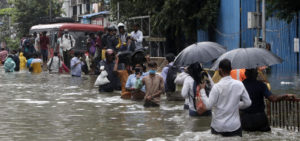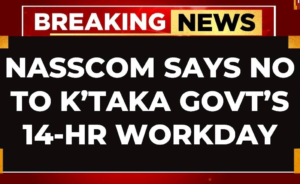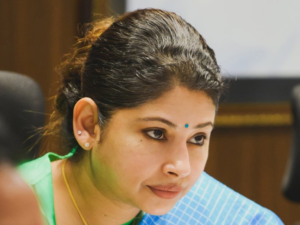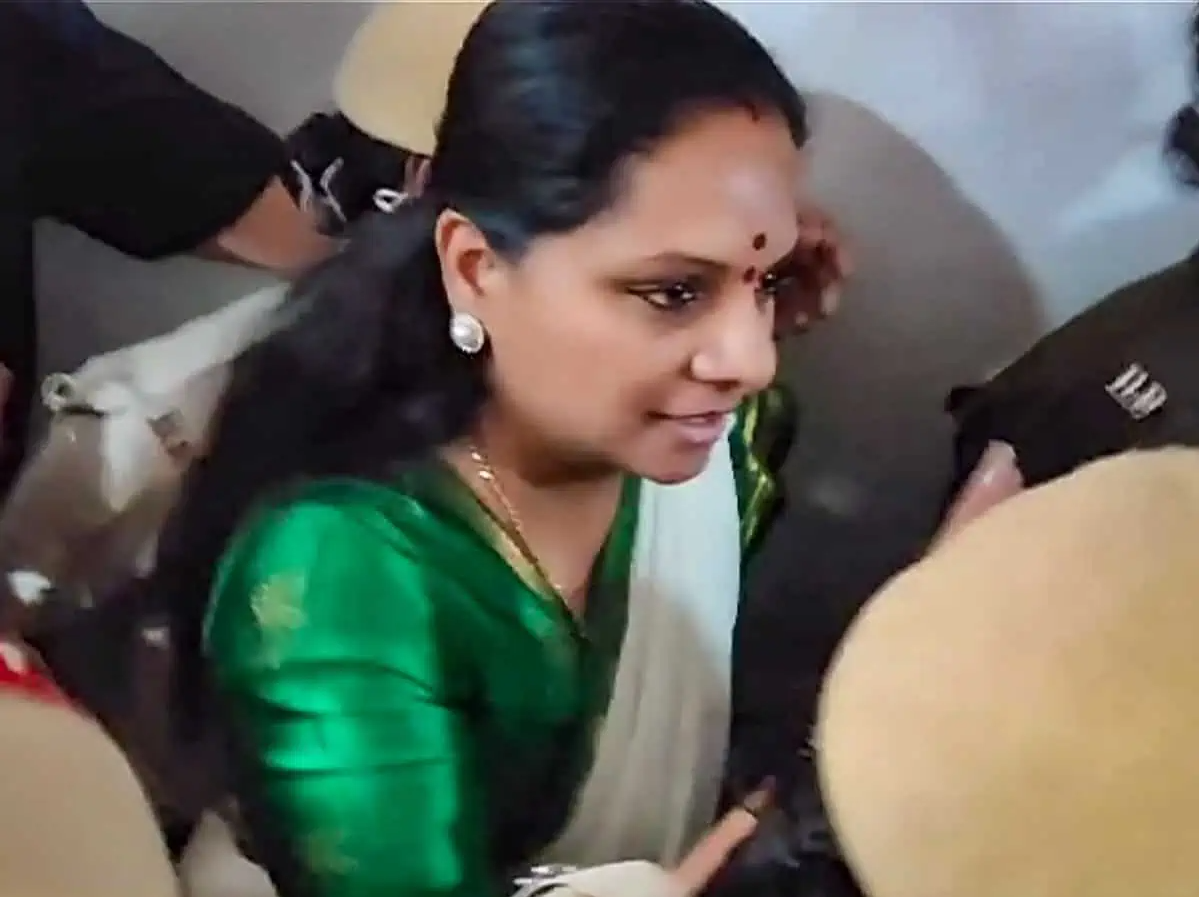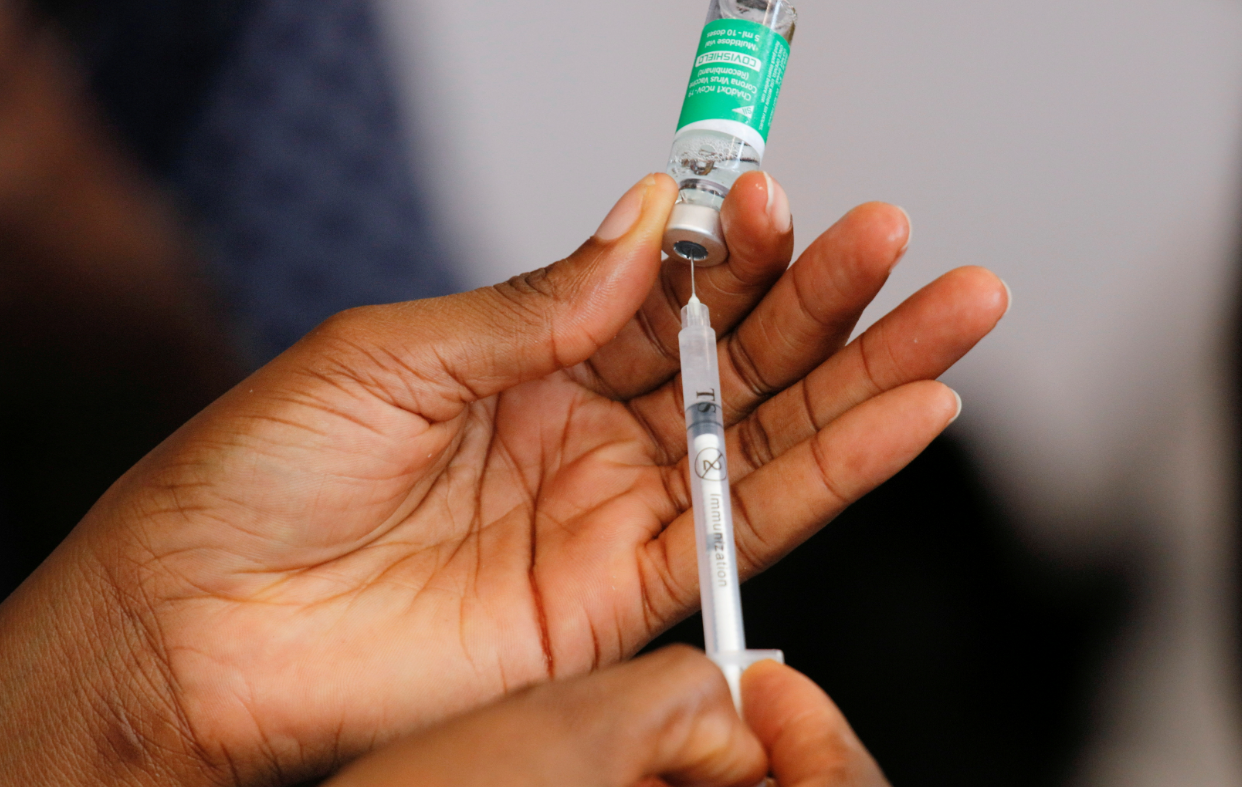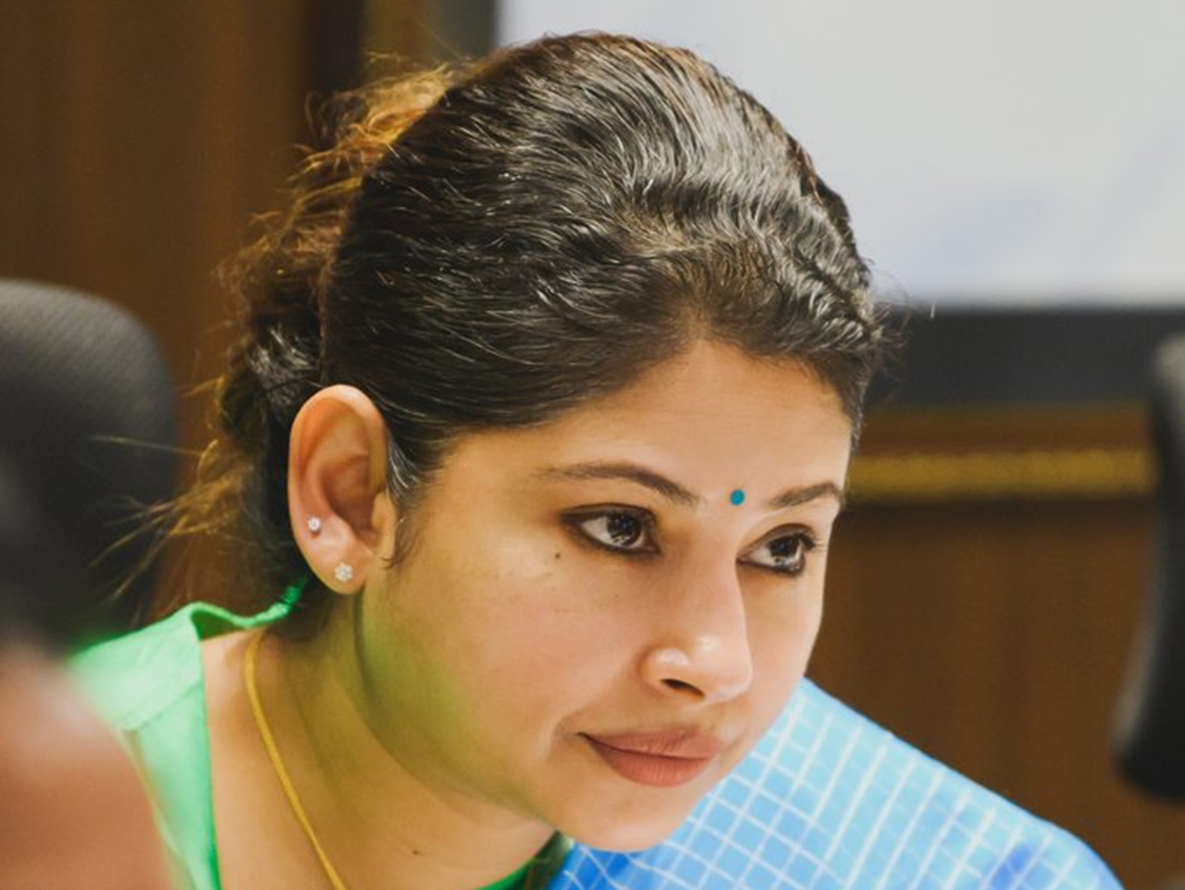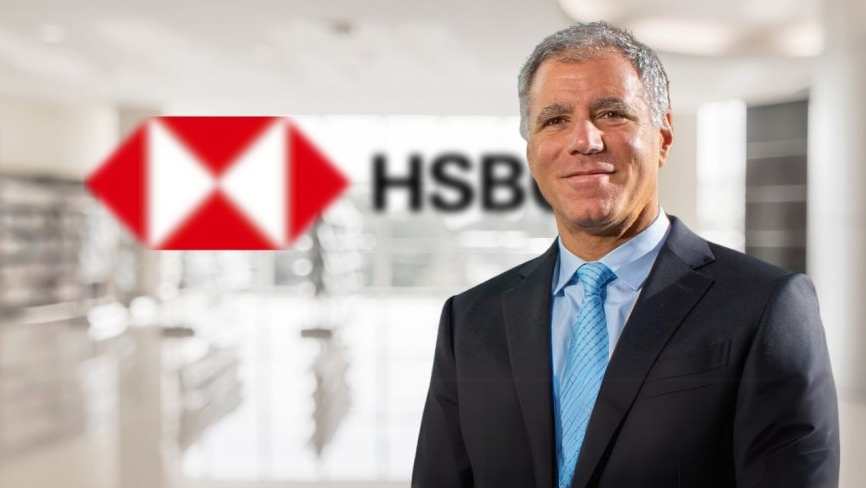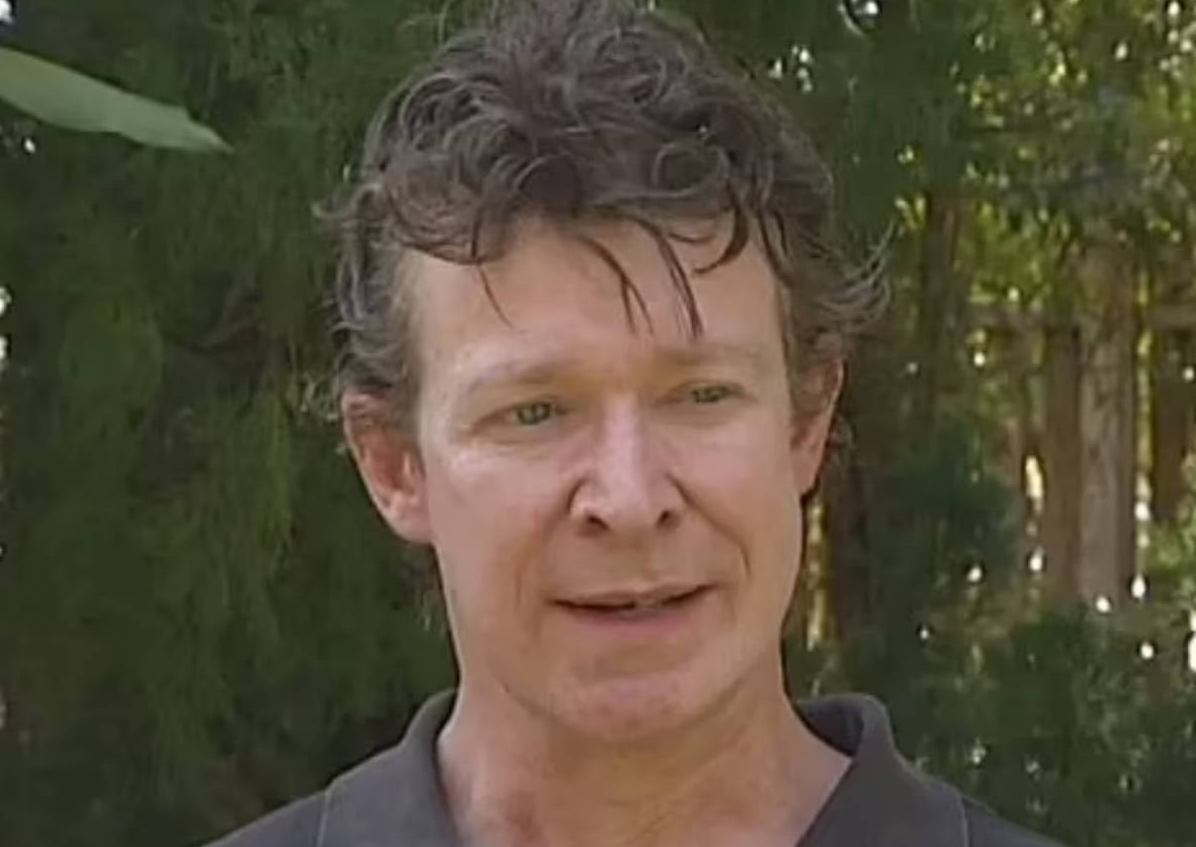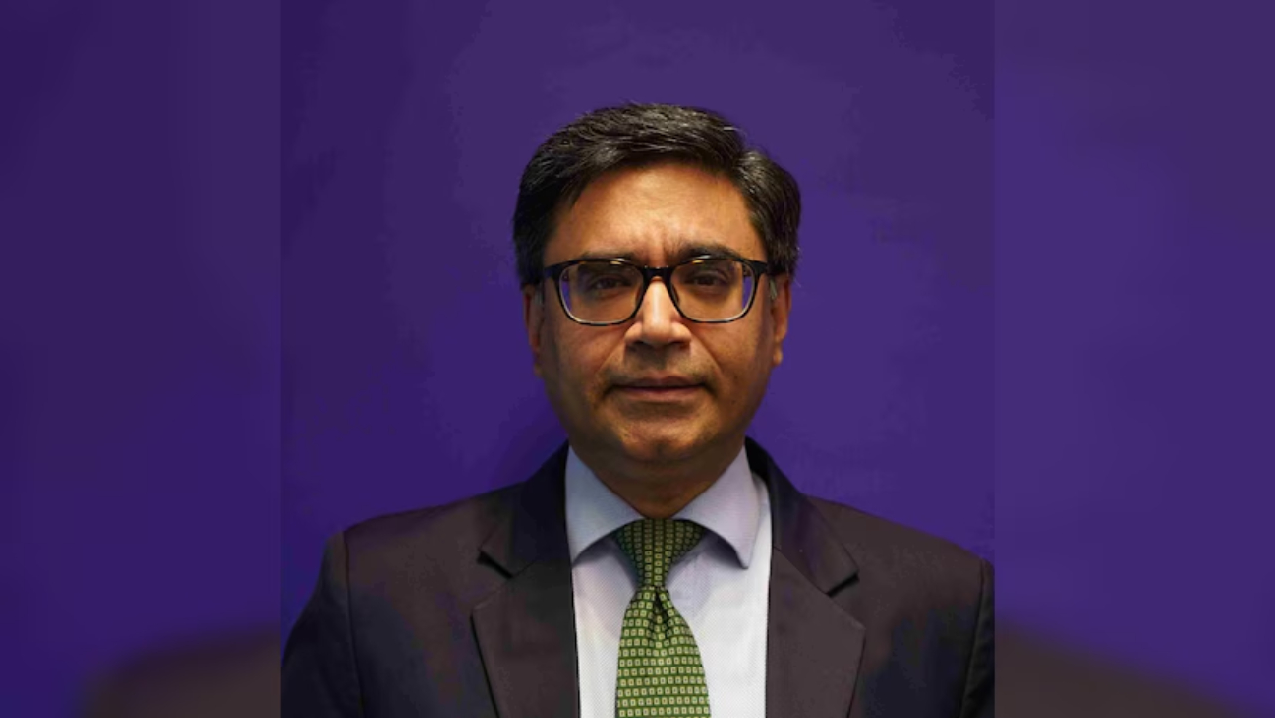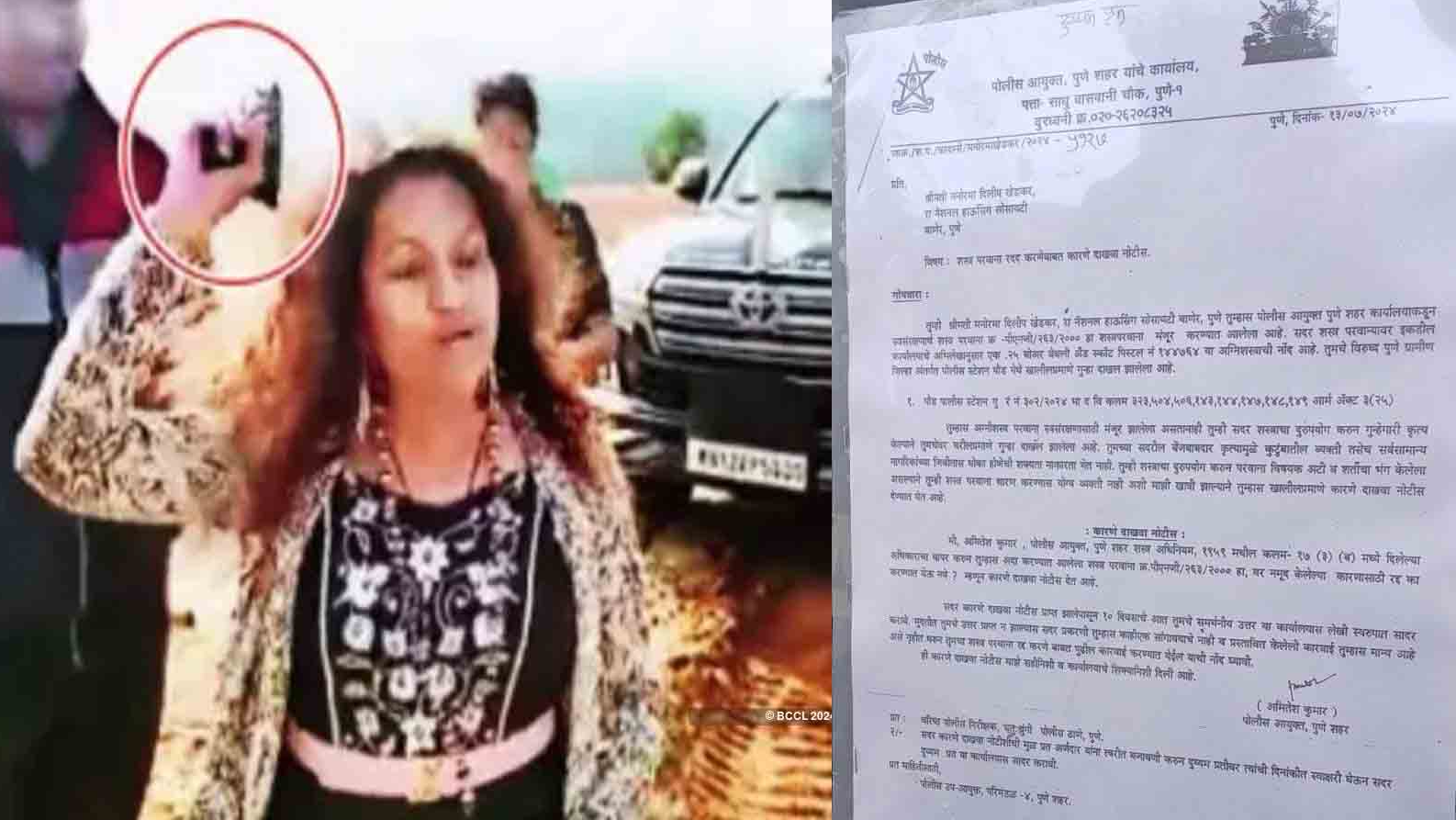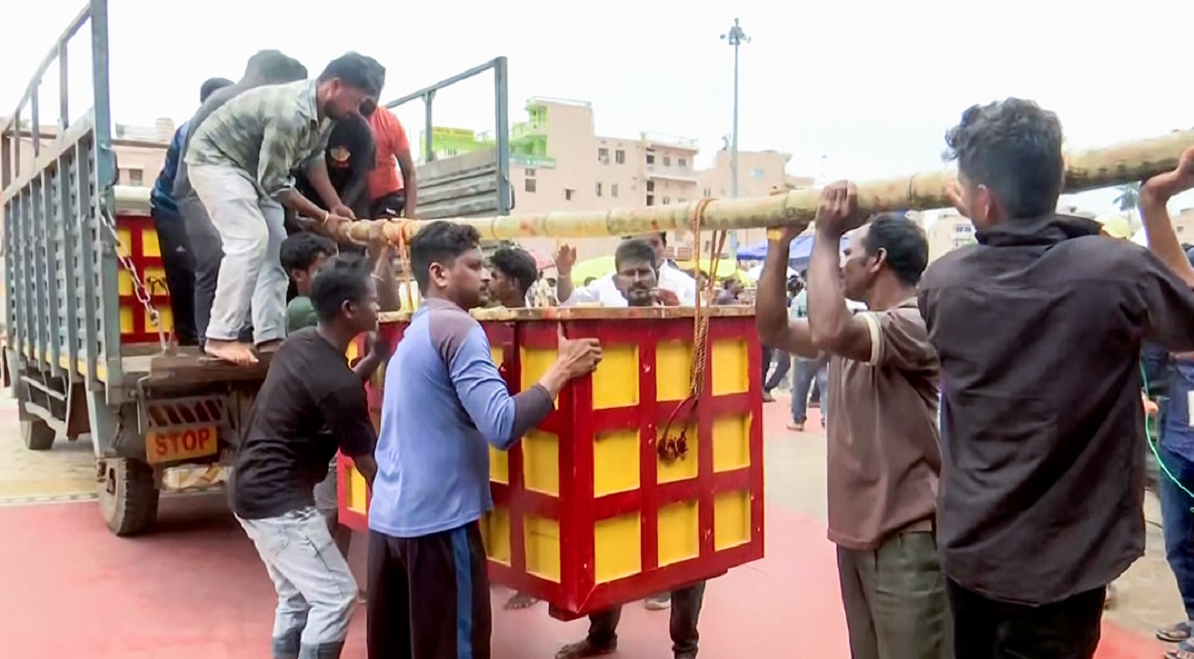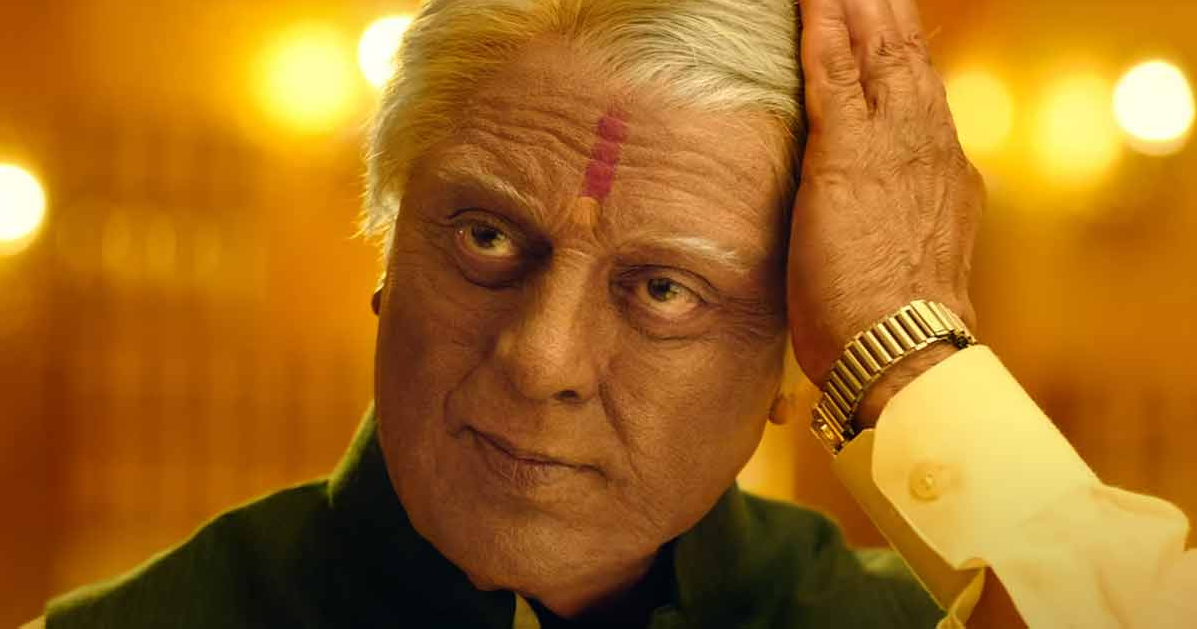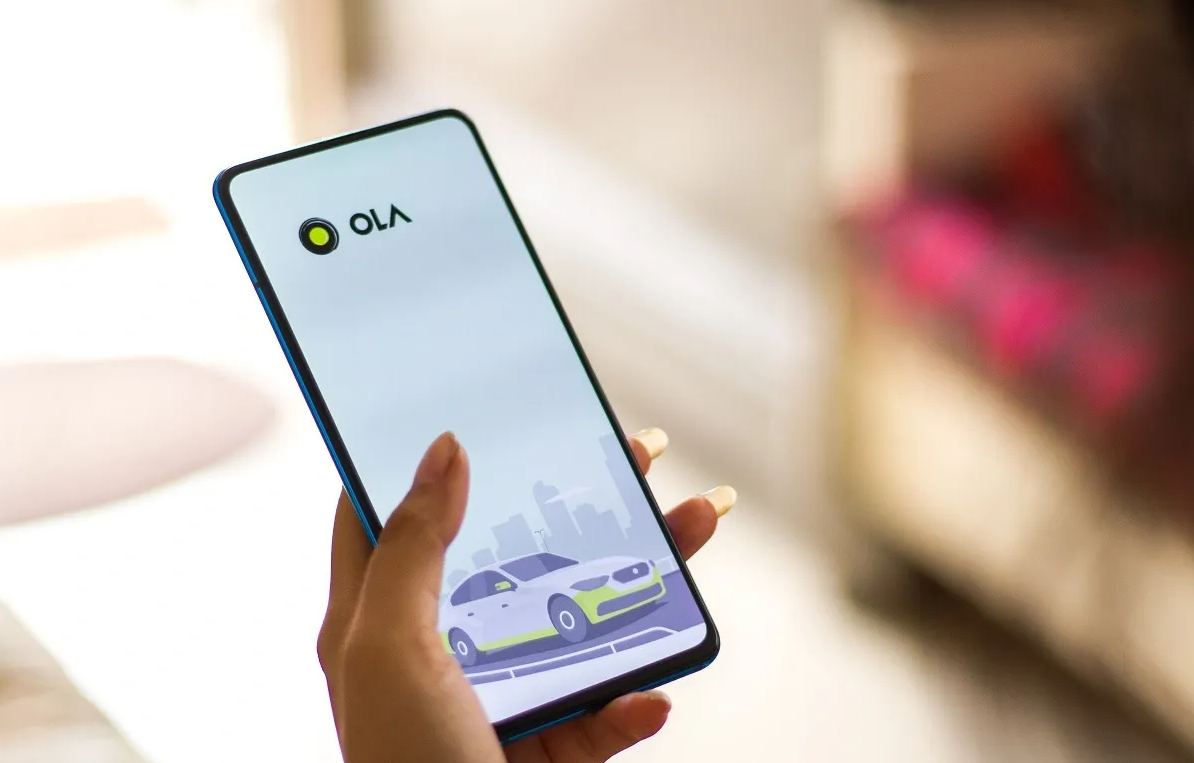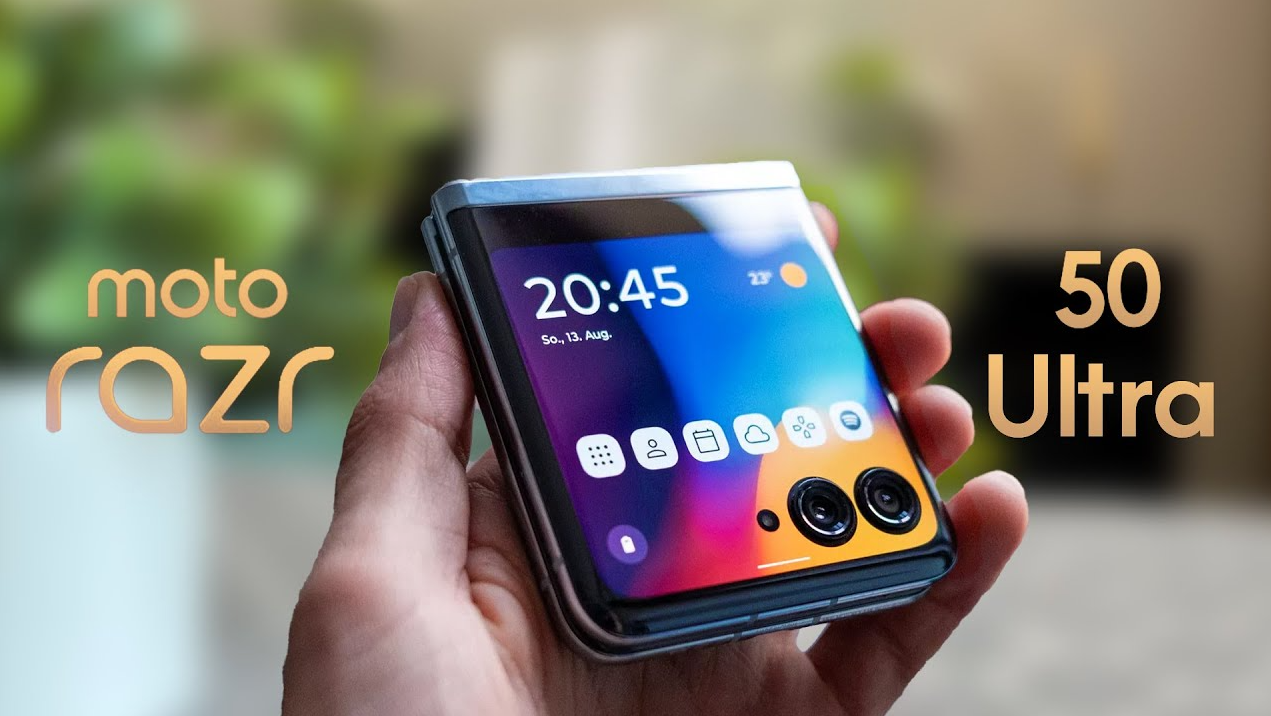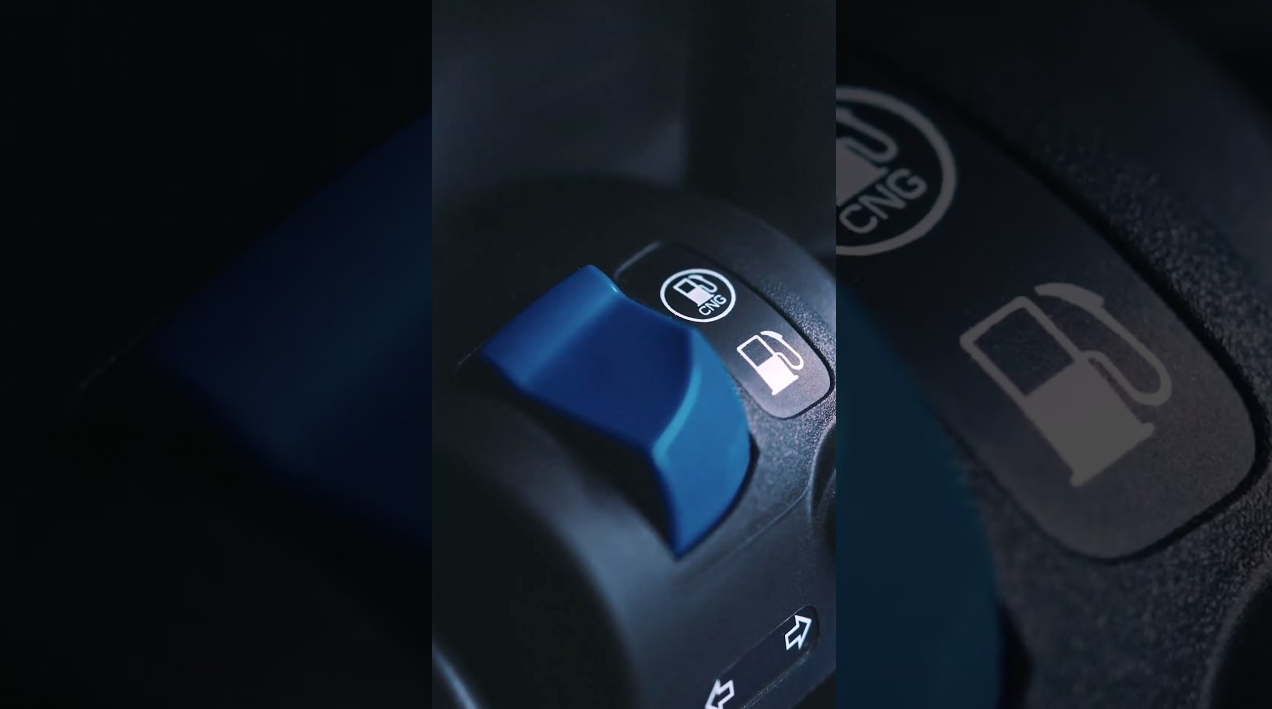Delhi Chief Minister Arvind Kejriwal appeared before the Rouse Avenue Court today via video conferencing in connection with the alleged Delhi excise policy case. He sought exemption from personal appearance, citing ongoing legislative duties related to the upcoming confidence motion and budget session in the Delhi Assembly.
The court reportedly granted Kejriwal’s request, allowing him to attend virtually while his lawyer argued the case in person. This decision comes after the Enforcement Directorate (ED) had earlier summoned Kejriwal to appear physically before the court.
Confidence Motion of Kejriwal and Allegations
On Friday, Kejriwal moved a motion of confidence in the Assembly, alleging a conspiracy to destabilize his government. He shared that two MLAs had informed him of being approached by the BJP, who allegedly tried to convince them to leave the party. The BJP purportedly planned to arrest the chief minister.
Previous Confidence Vote
In August 2022, Kejriwal had won a similar confidence vote. Back then, he accused the BJP of attempting to poach AAP MLAs under ‘Operation Lotus.’
ED Summons and Legal Proceedings
On February 3, after Kejriwal skipped the ED summons for the fifth time, the ED filed a complaint against him. The complaint was lodged before Additional Chief Metropolitan Magistrate Divya Malhotra under sections 190 and 200 of the Criminal Procedure Code. These sections pertain to non-compliance with agency summons and failure to join the investigation under the Prevention of Money Laundering Act (PMLA).
Kejriwal’s appearance via video conferencing underscores the intersection of legal proceedings, political dynamics, and administrative responsibilities. As the case unfolds, all eyes remain on the upcoming Assembly session and the chief minister’s response to the allegations.
What Lies Ahead for Kejriwal
The upcoming court appearance on March 16th remains a key development in the case. Whether Kejriwal’s arguments hold weight and how the court proceeds will be closely watched in the coming weeks. This case continues to generate significant political and legal interest in India.



